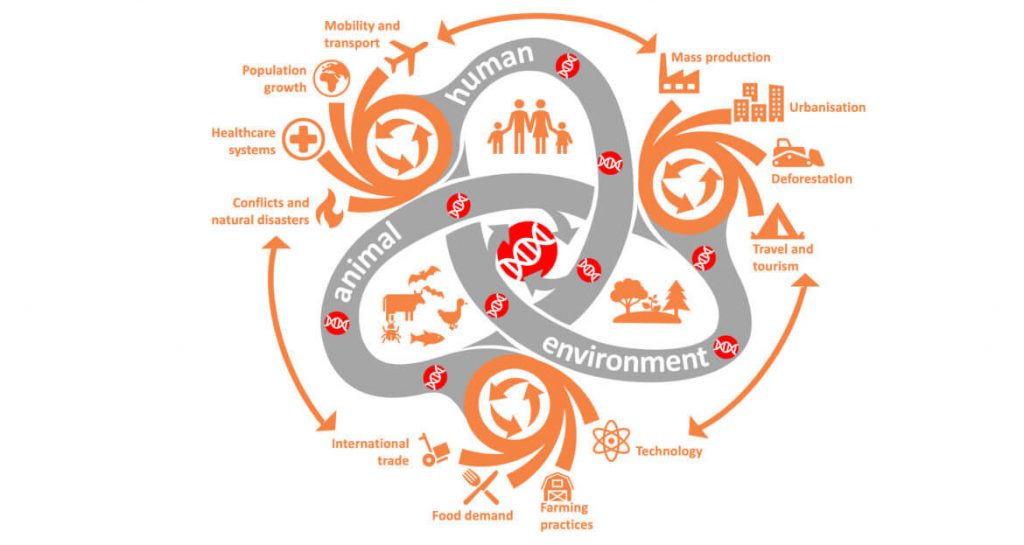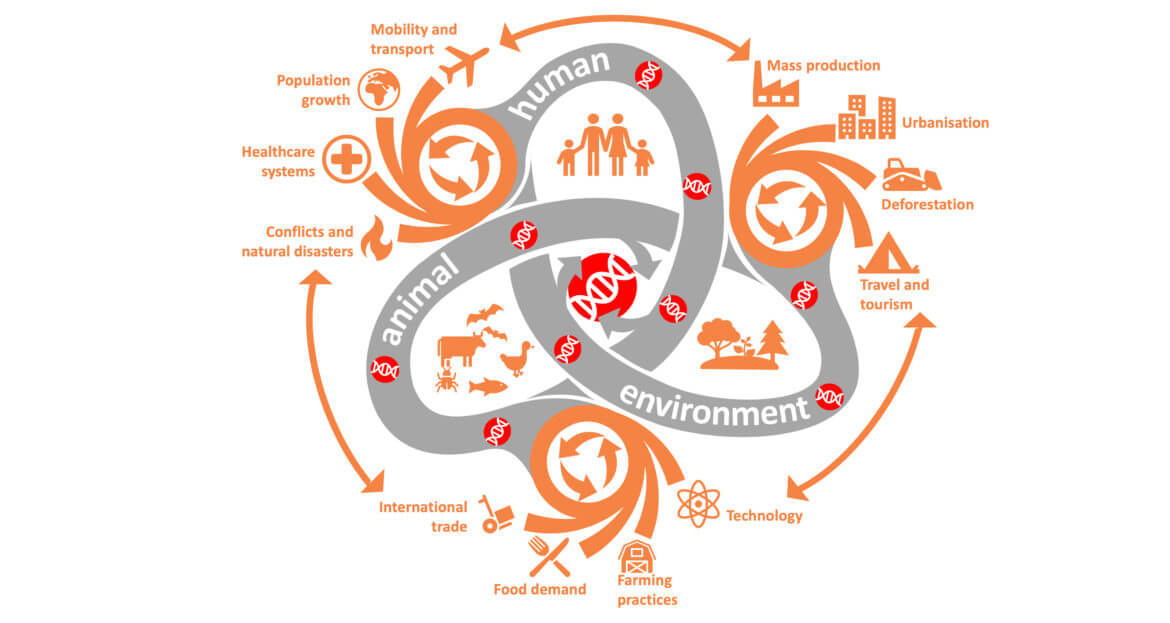We are recruiting! Within the newly funded NWA project, we will be looking for 26 PhD candidates to work on a wide variety of topics related to the risks of mosquito-borne diseases in the Netherlands. Two positions (see project descriptions below) will be hosted at the OHE group and the candidates will work within the new One Health Consortium.
As the One Health Consortium mentions on their page:
The Netherlands, with its dense population of humans and livestock, international transport and travel hubs, and water-dominated landscape is particularly vulnerable to infectious disease outbreaks. The One Health Consortium aims to understand if and how changes in climate, farming, water management and travel lead to mosquito-borne disease outbreaks, to be better prepared.

PhD position 1: Citizen science for mosquito surveillance
Project description
The PhD will sample and monitor mosquito densities in potential hotspot zones identified through a recently completed ZonMw project (Eco-alert). The mosquito sampling scheme will be closely linked in space and time to other sampling schemes to allow cross-species analyses. Mosquito diversity and abundance will be compared with data collected through environmental surveillance, where diversity and abundance of mosquitos is assessed through next-generation-sequencing (NGS) of environmental water samples. This set-up is also used through living lab experiments to test impact of different types of environmental pollution in collaboration in Pillar B (Leiden University). In parallel, a mosquito identification citizen science project will be done by the general public and by high-school students, and mosquito burdens will be assessed through the “Muggenradar”.
PhD position 13: Vector competence studies in change scenario’s
Project description
Vector competence is the ability of a mosquito to transmit a specific virus, a trait that is influenced by both biotic, abiotic, and genetic factors. In this project, vector competence of native and invasive mosquito species, Culex pipiens and Aedes albopictus, will be assessed. The effect of different climatic and environmental factors on transmission potential for priority arboviruses will be studied in a comparative manner. Specifically, different temperatures that reflect typical Dutch climatic conditions, as well as projected conditions including unusually warm summers, and increased nighttime temperatures will be studied.
If you are reading this, and get really enthusiastic, don’t hesistate and go to the NCOH site for more info or to apply for one of these projects. The deadline for applications is the 31st of October 2019. Maybe we’ll see you soon!
